The Vegan lifestyle is becoming more and more attractive for a diverse and large amount of people for different reasons. For example, eco-consciousness, religious principles, health reasons, economic reasons, disagreement with the mistreatment and exploitation of animals, or just because some people do not like to eat animal meat are some of the motivators that make people look for this kind of diet.
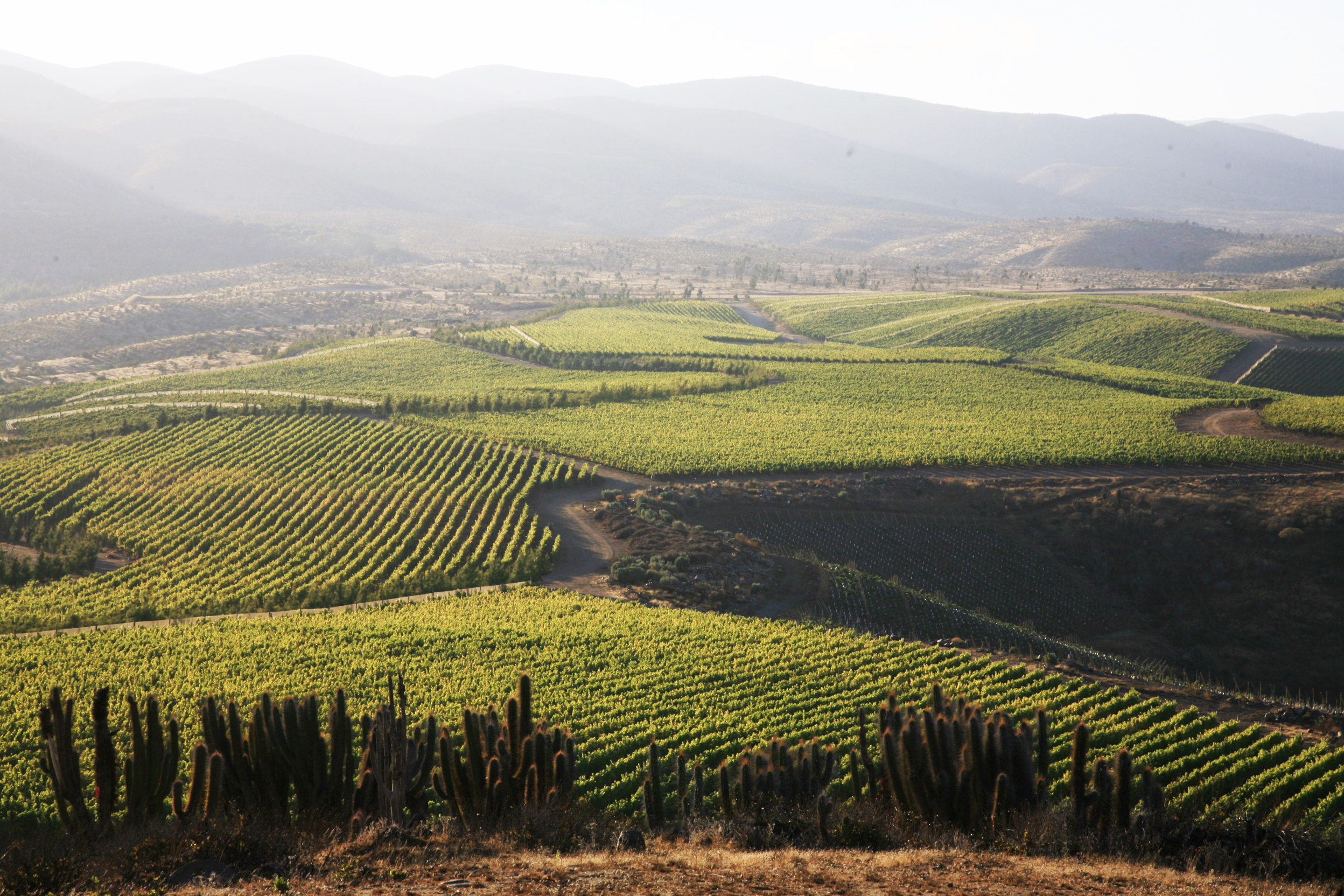
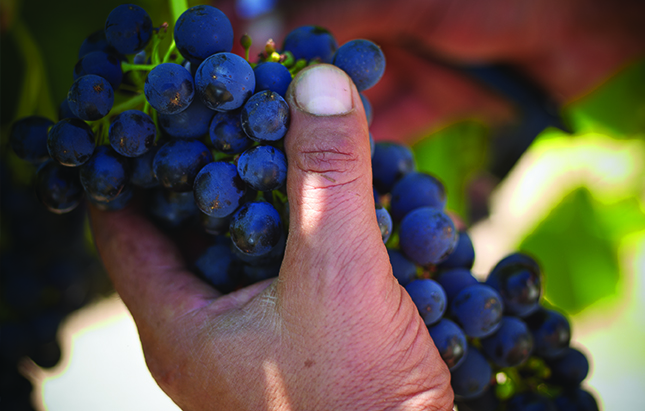
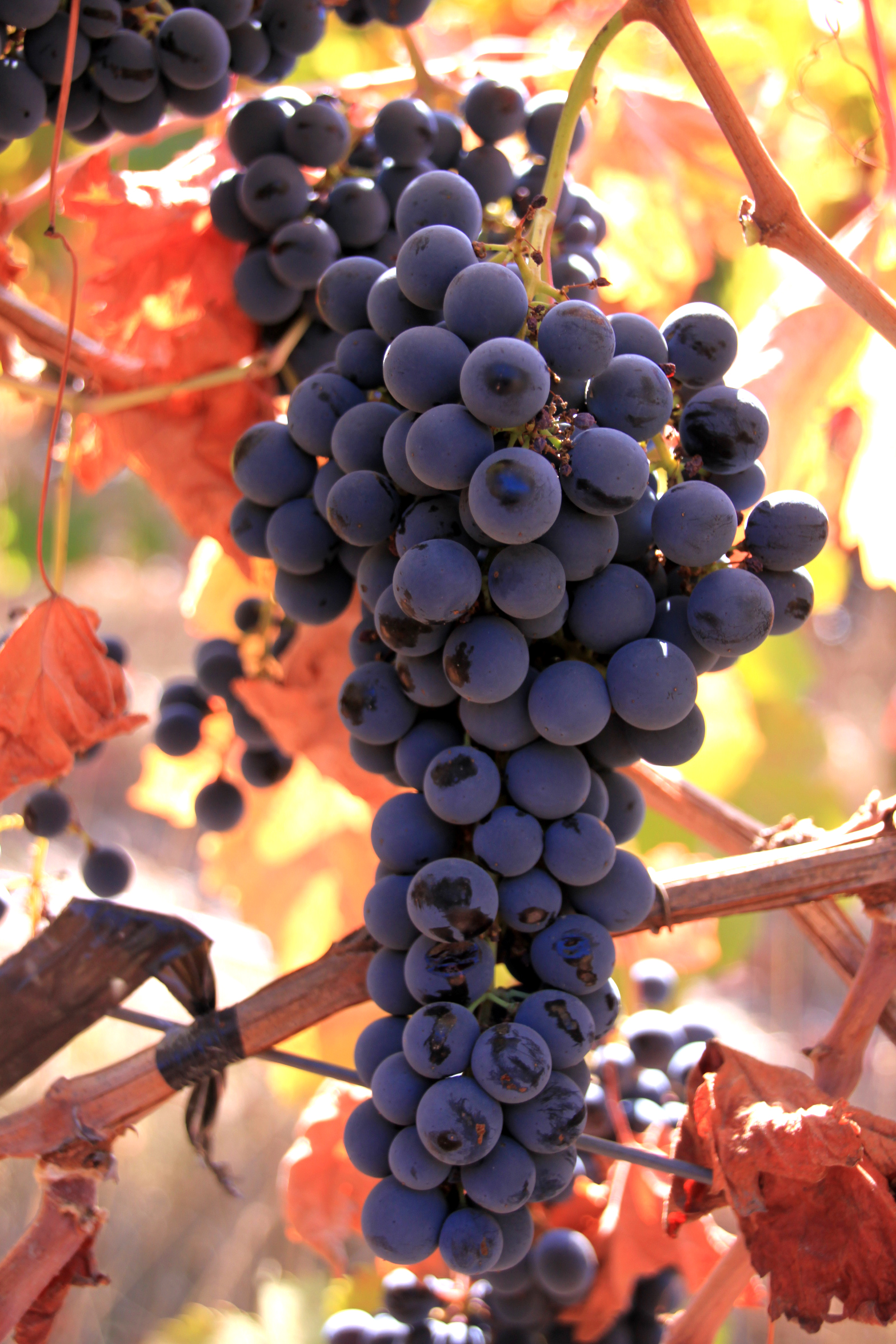
Tabali is proud to announce that all its wines are vegan, as we do not use products that come from animals in the clarification or at any time during the production process of our wines.
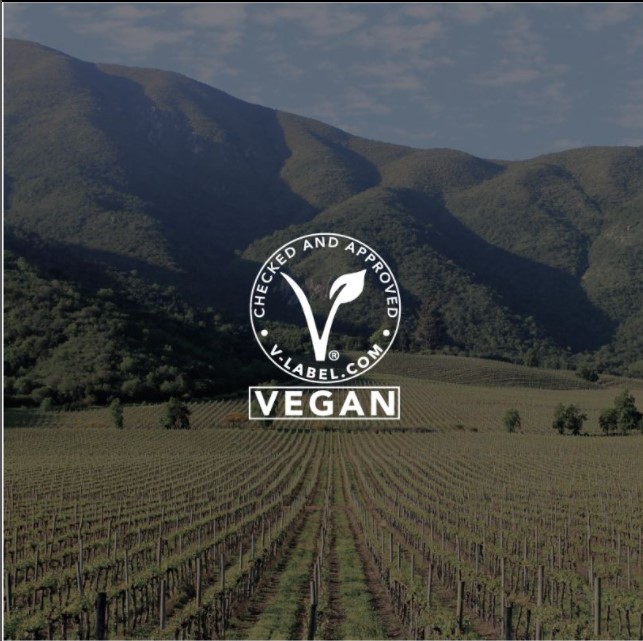
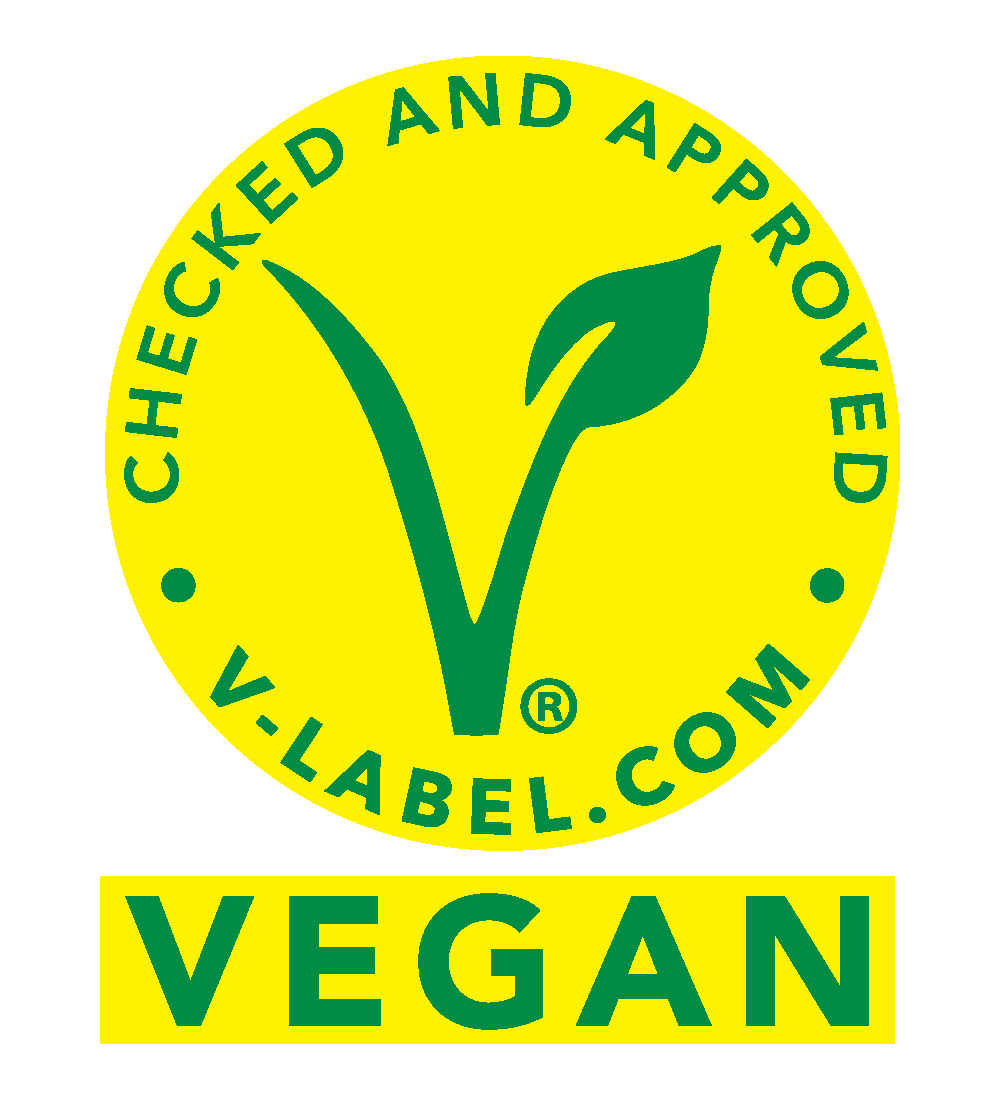
For the moment, there has been no binding, legal definitions of the terms “vegan” and “vegetarian” adopted in the food industry yet. As a result, the reliable labeling of vegan and vegetarian products following standardized criteria is complex and can lead to the producers’ incorrect labeling. This gap in the law causes uncertainty among consumers and producers alike.
Globally, more than 30,000 products and services from more than 3,500 license holders now carry the V-Label.
We invite you to try our Tabali wines; you can be confident they are vegan and delicious!